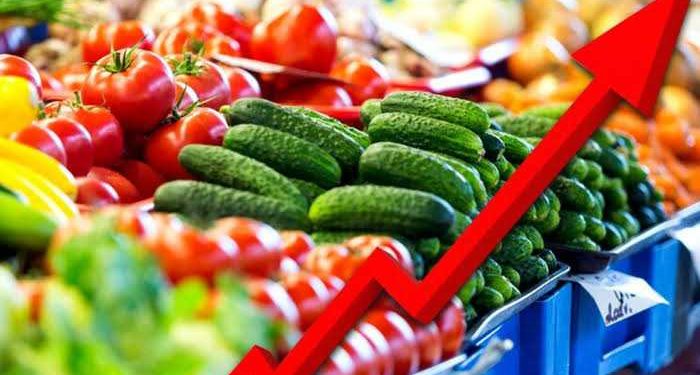Prices of Essential Goods Soar as Petrol Subsidy Ends
In response to President Bola Tinubu’s announcement that the era of petrol subsidy is over, the prices of major foodstuffs and other essential goods have begun to rise. The President, in his inaugural speech on Monday at the Eagle Square in Abuja, stated that the 2023 budget does not provide for subsidy payments and further subsidies are no longer justifiable. This move, aimed at redirecting funds towards infrastructure and strengthening the economy, has sparked a resurgence of fuel queues across the country as Nigerians scramble to secure petrol. While the National Nigerian Petroleum Corporation (NNPCL) and the House of Representatives support Tinubu’s decision, the Nigeria Labour Congress (NLC) and the Trade Union Congress (TUC) oppose it, asserting that the President cannot unilaterally decide on subsidy removal.
The immediate impact of the subsidy removal has been the increase in petrol prices nationwide, which now range from N495 to N600 per litre, up from the previous range of N185 to N220. A survey conducted by Ratecaptain across various states of the federation reveals that the price hikes are not limited to transportation fares but have extended to foodstuffs, soup ingredients, daily provisions, and other essential goods. Manufacturers and retailers are adjusting their prices in response to the new fuel regime, with expectations of further increments in the coming days.
In Lagos and Ogun states, the prices of foodstuffs such as rice, yam, beans, garri, plantain, yam flour, semovita, corn, frozen chicken, turkey, and palm oil have already increased. Traders anticipate further price rises, leading to a surge in purchases by families seeking to stock their homes before the planned strike called by the Nigeria Labour Congress on Wednesday. While some traders report only marginal increases, they predict more significant surges in the coming weeks. For instance, a bag of rice, currently selling for N37,000, is expected to rise to between N40,000 and N43,000 when new stock arrives. Similarly, a bag of beans has increased from N40,000-N45,000 to N55,000 due to transport charges by suppliers.
In Ogun State, prices have also seen a slight increment. A bag of rice that previously sold for N30,000 now costs N33,500, while a bag of garri has risen from N14,000-N15,000 to N20,000. Traders in the state believe that the NLC strike planned for the following week will further affect food prices.
The Federal Capital Territory (FCT) is experiencing a similar situation, with rising prices observed at markets like Nyanyan Market, One-Man Market, Karu Market, Ford Mart Shopping Mall, McRay Mall, and Market Square. For example, the price of a tuber of yam has increased from N1,500 to N2,300, while a bag of rice now sells for N37,000 compared to the previous price of N32,000.
Residents in Rivers, Delta, and Enugu states are also grappling with the rising cost of essential goods. In Port Harcourt, the price of rice has skyrocketed from N32,000 to N36,000 per bag within two days, leading to panic-buying among residents. Bonny Island, Port Harcourt, and Kwale have experienced significant price spikes, with some food items increasing by almost 50%. People are rushing to stock up on foodstuffs, anticipating further price increases in the future.
The removal of petrol subsidy has had a direct impact on transportation costs and indirectly affected the prices of essential goods. Traders and suppliers cite the increased cost of transportation as a significant factor in the rising









